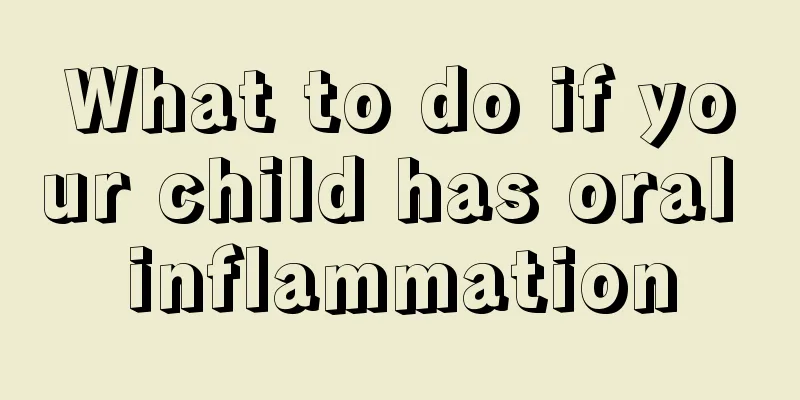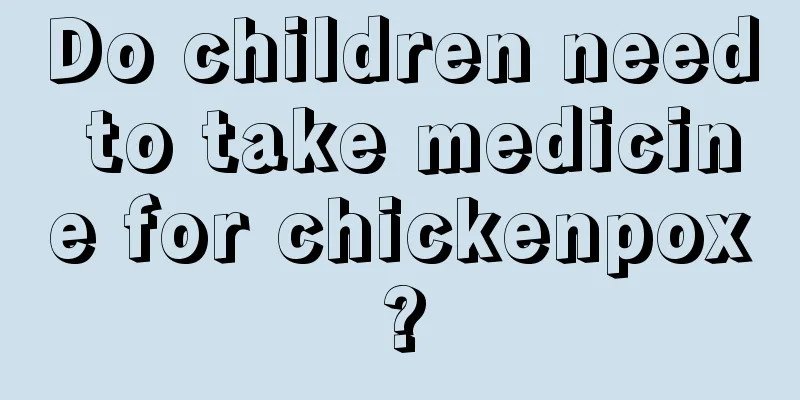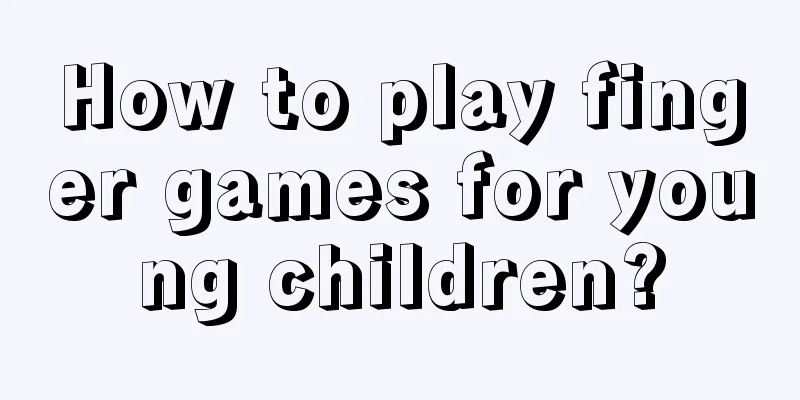What to do if your child has oral inflammation

|
Children are young and improper care in daily life can easily lead to oral inflammation. For example, due to periodontitis, lack of attention to oral hygiene, or getting angry, etc., all of these can cause lesions in the oral mucosa. At this time, parents should educate their children to pay attention to oral hygiene, brush their teeth at least twice a day, and eat a lighter diet. Children should not have the habit of being picky eaters to avoid vitamin deficiencies. What to do if your child has oral inflammation Oral ulcers are one of the most common oral mucosal diseases in people's daily lives, especially in children aged 1 to 6 years old. Oral ulcers often occur on the tongue, cheeks, soft and hard palate, vestibule groove, and inner sides of the upper and lower lips. Oral ulcers usually heal naturally without treatment, but the baby will feel pain. However, if you do the following, you can help your baby relieve pain and heal quickly. 1. First, we need to find the specific location of the ulcer. If the ulcer is in the buccal mucosa, we need to further find the cause of the ulcer. For example, check whether there are sharp and rough gaps on the teeth near the affected area so that you can take your baby to the hospital for treatment in time. 2. Try to feed your baby liquid food to relieve pain and help the ulcer heal. 3. Keep your baby's oral and skin clean, and brush his teeth, rinse his mouth, and bathe him regularly. 4. Eat less fried food to avoid mucosal damage. Feed your baby more foods rich in riboflavin, such as milk, animal liver, spinach, carrots, cabbage, etc. 5. Ensure adequate sleep time. 6. Pay more attention to your baby, talk to him more, divert his attention, and create a relaxed and pleasant living environment for him. Causes of oral ulcers in babies The treatment of baby's oral ulcers requires "the right medicine for the right condition". There are many reasons for baby's oral ulcers, the most common ones are: 1. Trauma. Burns, puncture wounds, accidental ingestion of corrosive substances, etc. can cause injuries to the oral mucosa, which in turn lead to ulcers. 2. Lack of vitamins and malnutrition. 3. The baby gets angry due to dry weather and other reasons. 4. Ignore your baby’s oral hygiene. An unclean mouth leads to bacterial growth, which in turn causes mouth ulcers. 5. Hand, foot and mouth disease. This disease has symptoms similar to herpetic stomatitis. After becoming ill, oral lesions are spread across the lips, cheeks, tongue, palate, etc. There are many small blisters that are very easy to rupture, forming multiple small ulcers after rupture. In addition to the oral area, scattered small blisters may also appear on the palms, soles of the feet, and buttocks. 6. Drug allergy. Babies with special physical conditions may suffer from inflammation and ulceration of the eyes, lips, mouth, and reproductive and urinary tract due to unknown reasons such as medication or infection. 7. The baby’s oral ulcers may be related to mental factors. For example, if a baby is overly excited or anxious about something, it may cause aphthous ulcers. |
<<: Milk supply for eight-month-old baby
>>: What to do if your child has corneal inflammation
Recommend
At what age do children usually have underarm odor? What Parenting Experts Say
Many axillary odor diseases are inherited from th...
How to stop nosebleed in children?
Children are very prone to nosebleeds. There are ...
What should children pay attention to when they have concussion?
For many parents, they sometimes worry that their...
How to treat children's stomach fire
There are many reasons that cause children's ...
Reasons for baby retching after feeding
Babies retching while feeding is a headache for f...
Newborn feeding tips
Newborn babies are fragile and need careful care ...
Why is my child short of breath?
Children are the core of a family. They are raise...
Can babies smell the scent of floral water?
Floral water is a must-have item for us in summer...
18 common foods that children should not eat too much no matter how much they like them
Salt Children should not consume more than 5 gram...
When is a boy's rebellious period?
Both boys and girls will become rebellious during...
What is the disease that causes left side back pain in children?
Generally speaking, when a person says he or she ...
Will the rash recur?
The problem of roseola in children can be said to...
Manifestations of autism
Autism is a new term that has become popular in r...
Nutritious breakfast for primary school students
As we all know, primary school students are our h...
What to do if your child has hard earwax in his ears
Earwax is called cerumen, which is a yellow and s...









